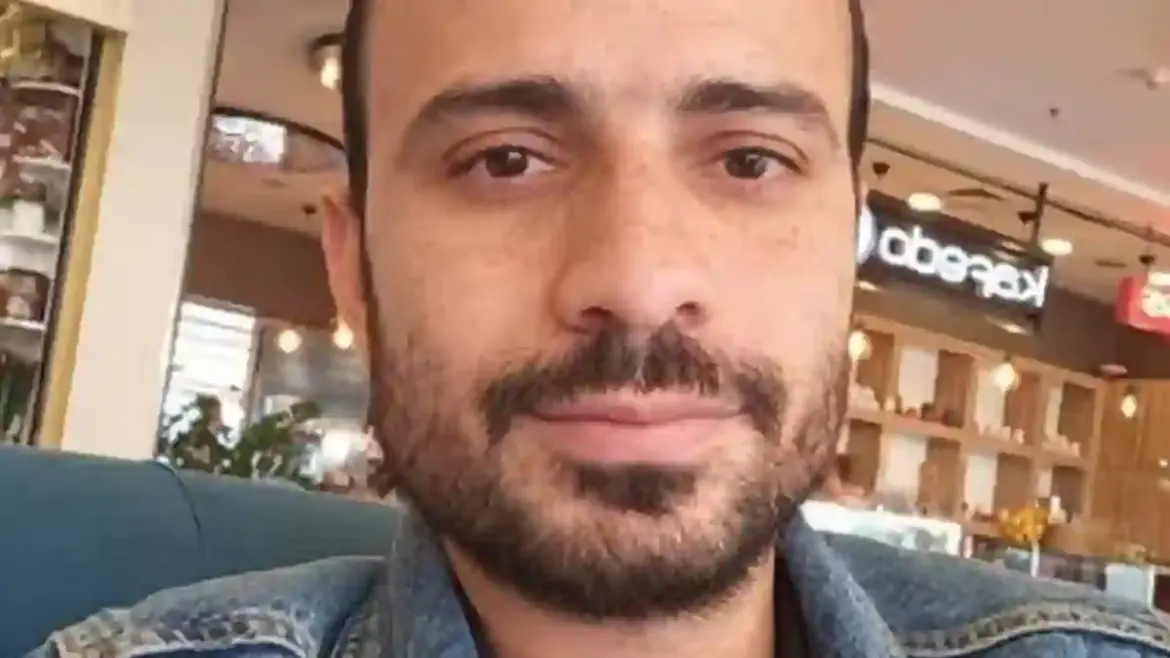The story of Abdelrahmen Adnan Abouelela has raised serious questions about how someone with his background could live freely in the UK at taxpayer expense.
The 42-year-old Egyptian asylum seeker was recently jailed for raping a woman in London’s Hyde Park, but new revelations show this was not his first brush with the law—far from it.
From Terror Conviction to the UK
Court records from Egypt reveal that Abouelela was convicted in absentia back in May 2015 for his role in a bomb-making cell.
He and six others were accused of producing explosives to target power stations and gas lines.
Despite this, he managed to flee Egypt before sentencing and began a years-long journey through several countries.
He spent time in Malaysia, Sudan, and eventually Turkey, where he initially had his asylum request refused.
After months of detention at Istanbul’s Ataturk airport, Turkish authorities eventually allowed him to remain.
During this period, Abouelela was active on social media, openly praising the Muslim Brotherhood—a group designated as a terror organisation by several nations.
Arrival in Britain and Asylum Claim
In April 2023, Abouelela entered the UK and applied for asylum, claiming he faced persecution if sent back to Egypt.
While his case was under review, he was given accommodation in a taxpayer-funded hotel in London.
For 17 months, despite his terror conviction being known to authorities, he lived freely, even taking selfies at public landmarks.
It was during this period of supposed protection that he attacked a vulnerable woman in Hyde Park last November.
The Hyde Park Attack
The court heard that Abouelela approached his victim as she made her way home after a night out.
He lured her to a secluded area before raping her.
Judge Gregory Perrins, in his sentencing remarks, said Abouelela “thought absolutely nothing” of his victim, highlighting that she was clearly under the influence of alcohol and alone.
The judge added that his actions were deliberate, opportunistic, and driven purely by sexual desire, showing no regard for consent.
Sentencing and Deportation Questions
On May 22 this year, Abouelela was convicted of rape at Southwark Crown Court and this week was sentenced to eight and a half years in prison. Under UK law, he faces automatic deportation after serving his time.
However, legal experts warn he could attempt to appeal on human rights grounds, arguing that returning him to Egypt would expose him to persecution.
A Life of Movement and Radical Ties
Abouelela’s history shows a pattern of movement across borders.
His social media posts frequently expressed support for the Muslim Brotherhood and hostility toward Egyptian President Abdel Fattah el-Sisi.
In one post, he described Brotherhood members as his “brothers,” while another marked the anniversary of the Rabaa massacre, condemning Egyptian authorities.
His personal life also appeared stable for a time—he married in Turkey in 2020 and had a child.
But despite that, he left Turkey and sought refuge in the UK, leaving his wife and child behind.
Political Debate Over the Brotherhood
The Muslim Brotherhood has long been a controversial movement.
Though not banned in Britain, past reviews by the UK government have described it as “deliberately opaque” and linked it to extremism.
Countries including Egypt, Saudi Arabia, the UAE, and Austria have outlawed the group.
Former Prime Minister David Cameron stopped short of banning it in 2015, though he acknowledged its ideology clashed with democratic values and individual freedoms.
Mental Health Claims Rejected
At his trial, Abouelela’s lawyer argued that he suffered from emotionally unstable personality disorder and PTSD.
But Judge Perrins dismissed these factors as having little bearing on his decision to commit the attack, saying: “It’s clear to me you do not believe you have done anything wrong.”
Recognition for the Victim
The judge praised the survivor for her bravery in coming forward and testifying, noting her courage in reliving the ordeal before the court.
What Comes Next?
As it stands, Abouelela is serving his prison sentence in the UK, but the bigger question remains: will he ever be deported? His case highlights the complexities—and risks—of asylum processing when serious criminal and terror links are involved.g
